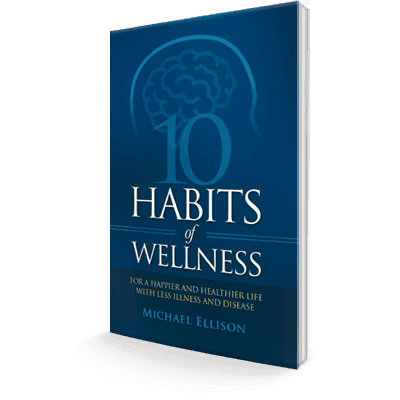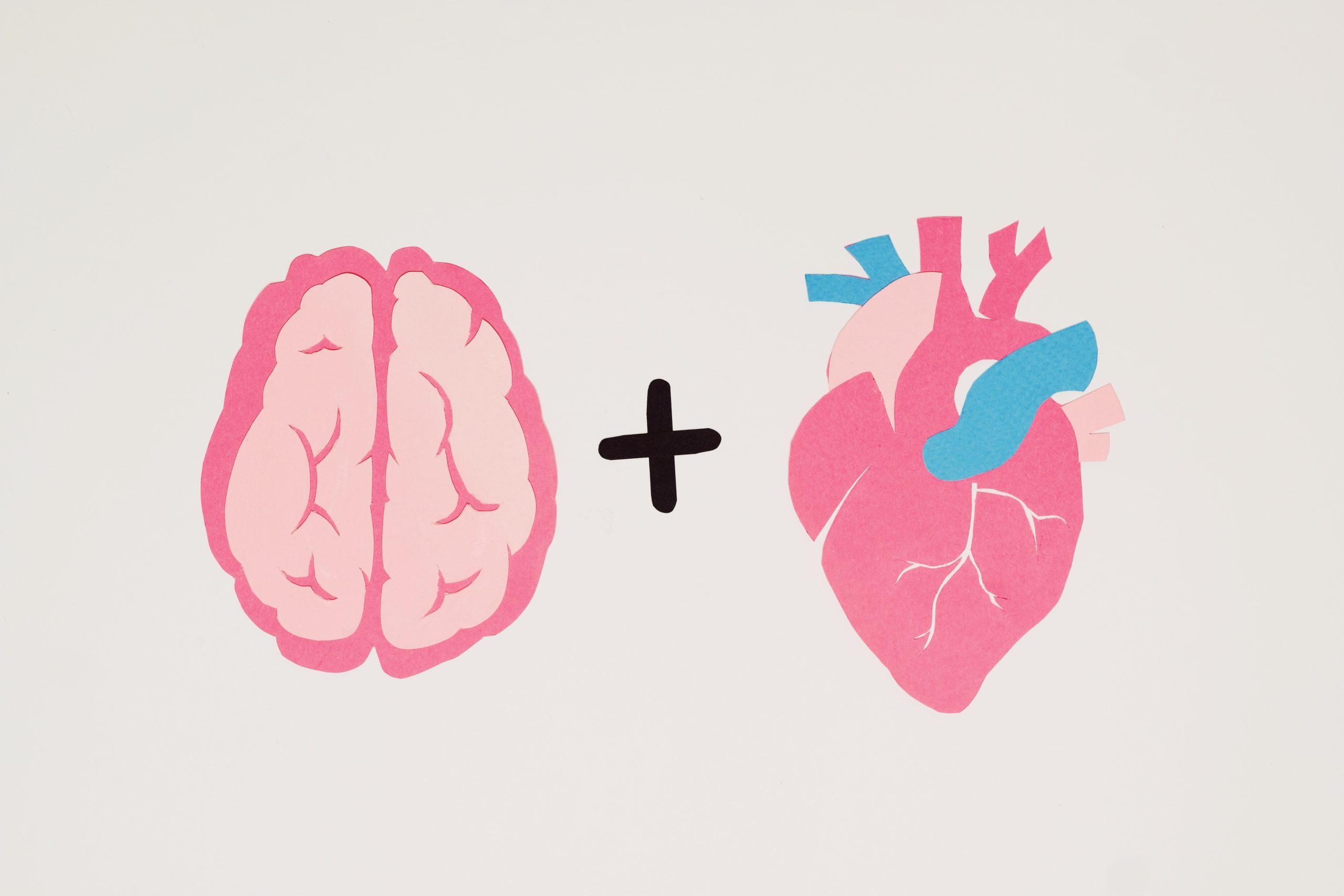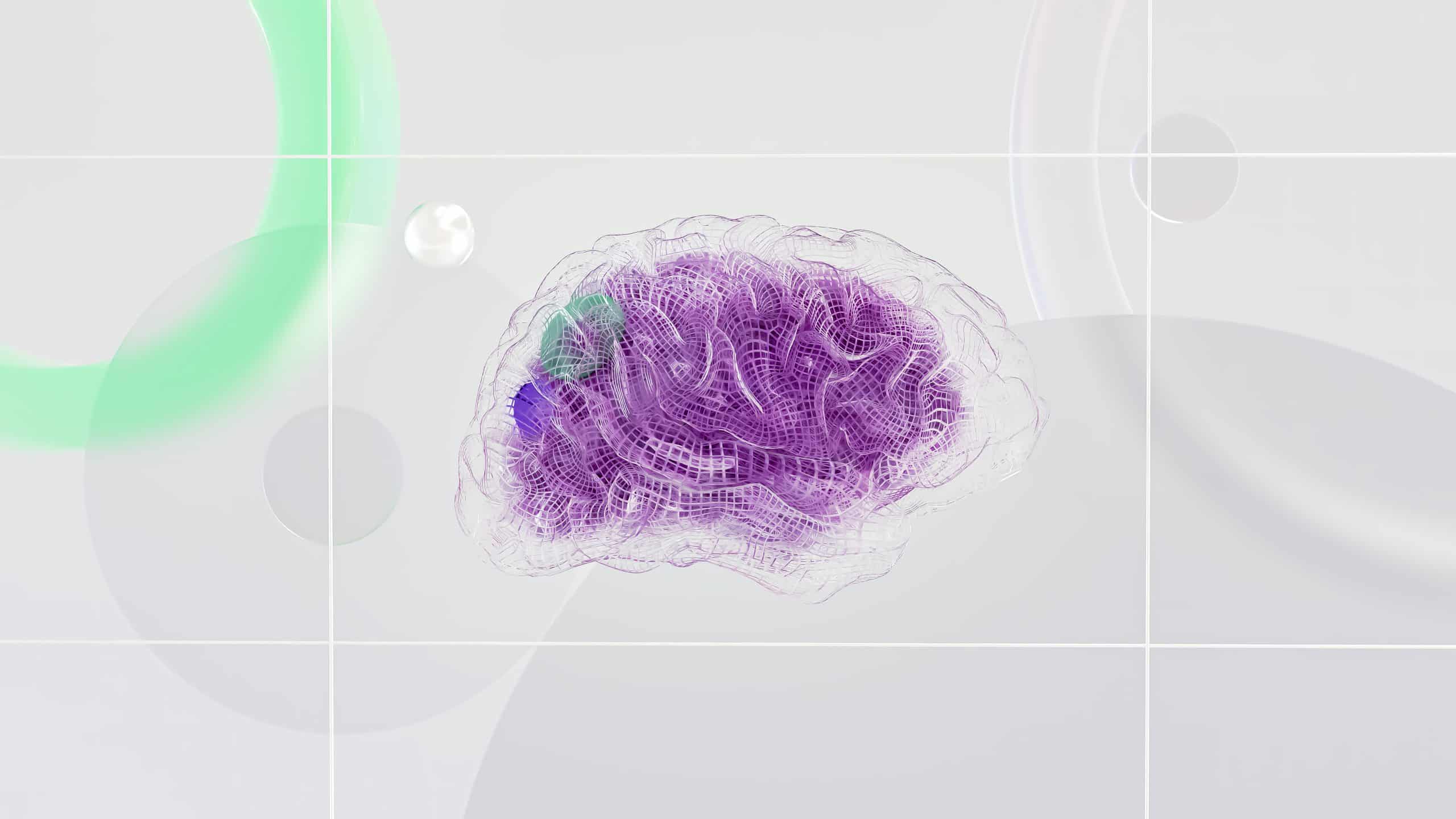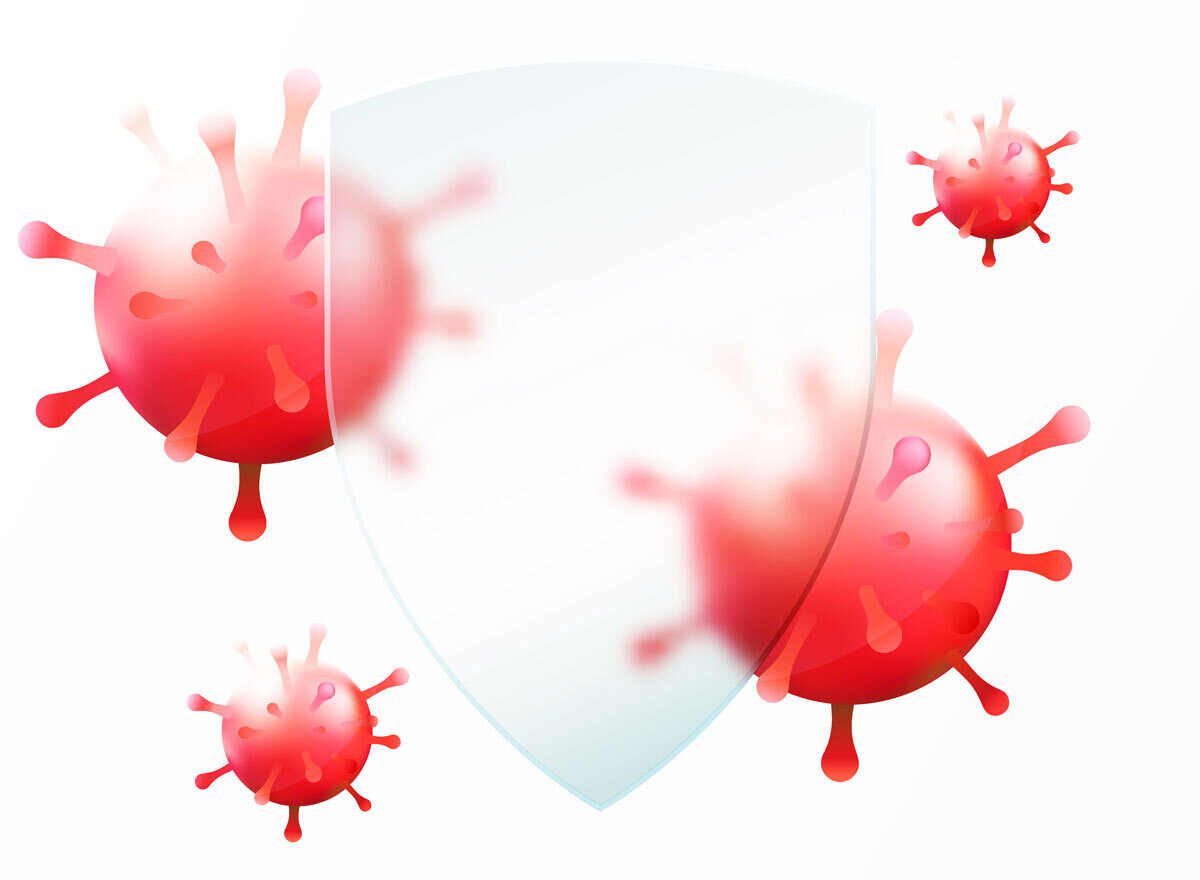There are many misconceptions about Lithium. Many of us only know Lithium in its high-dose pharmaceutical form, and while it is an established treatment for bipolar disorder and other mood disorders, there is more to this abundant element that many of us aren’t familiar with.
Wary of Taking Lithium? Turns Out You Already Are
Lithium belongs to the alkali-metal group which also includes sodium and potassium. This naturally occurring element can be found in groundwater all over the world, including the United States. Lithium is present at low levels in the body and is commonly found in many foods such as vegetables, nuts and seeds, grains, fish and some meat and dairy may also contain this trace mineral.
Lithium Orotate is a specific form of lithium salt that offers the benefits of standard lithium without the potentially harmful side-effects due to its increased bioavailability. In minimal doses, Lithium appears to have medically important and positive impacts on mental health.
Effects of Low-Dose Lithium
In 1990, researchers began looking into the correlation between Lithium levels in drinking water and incidences of violent crimes. The study focused on 27 counties in Texas and found that the rates of suicide, homicide and sexual assault were significantly higher in counties that had little or no Lithium present in the drinking water than in counties whose Lithium levels ranged from 70-170 micrograms/L.1
Nearly 20 years later another study looked at suicide rates and Lithium levels in the 18 municipalities of Oita prefecture in Japan over a five year period. Their findings demonstrated that suicide rates decreased in areas where Lithium levels in drinking water were higher. They found that “even very low Lithium levels may reduce the risk of suicide and that within the levels there is a dose-response relationship.”2
More recently, researchers found that Alzheimer’s patients showed stabilization of cognitive impairment after receiving a microdose of Lithium given over a 15 month period. During the study, the treated group showed no further decline, while the control group showed lower scores on mini-mental state exams.3
These are just a few of the studies conducted that have shown low doses of Lithium positively benefit the brain and mood. The brain is a complex organ, and while scientists have made breakthrough discoveries, there is still more to learn. We do know that simple lifestyle changes can improve your brain health and function and research shows us that adding simple elements such as Lithium can have notable effects.
References:
- https://www.ncbi.nlm.nih.gov/pubmed/1699579
- https://www.ncbi.nlm.nih.gov/pubmed/19407280
- https://www.ncbi.nlm.nih.gov/pubmed/22746245












